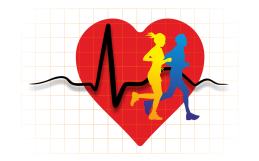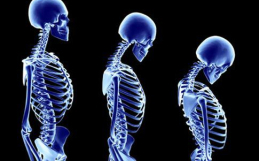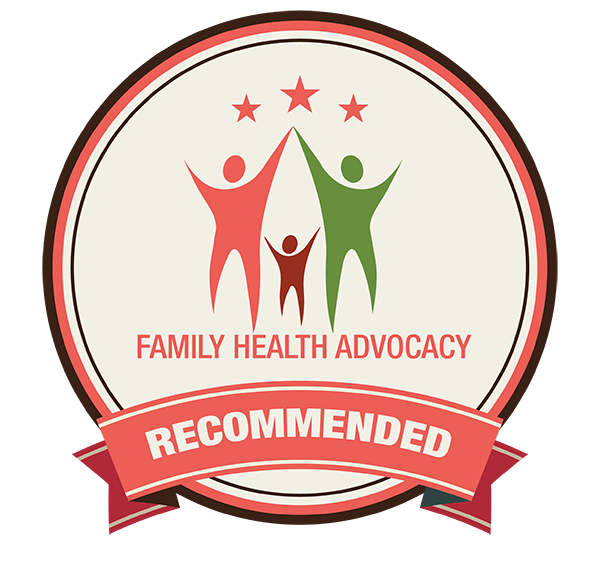The great outdoors… Hmm, sounds great but I am too busy to get out there. I think I’ll hop on the treadmill for a few minutes.
Think again.
Modern life is turning many of us into fast-twitch animals, ready to pounce at any given second — or an alarm clock going off every thirty seconds with all our notifications, beeps, and signals. This modern life is sapping our ability to focus and concentrate for long periods of time. (See This Is Your Brain on Nature).
Study after peer-reviewed study has come to the conclusion that we were designed to be in nature. From an ancestral, evolutionary biology standpoint, we were designed to be in nature all day, every day. Our modern world has made nature a rare commodity that we strive to achieve on a long weekend.
What are the Benefits of Being in Nature?
- Your body will produce more Vitamin D
- Better vision (especially for kids)
- Improved short-term memory
- Lower stress (even a window with a view of nature)
- Lower rates of heart disease, osteoporosis, MS, and some cancers
- Reduced inflammation
- Lower obesity rates
- More positive attitudes
- Lower anxiety, stress, and depression
- Better focus – particularly if you have ADHD
- Lower mortality rate
As kids now spend more time with entertainment media, they’re getting less and less time outdoors, despite the mental and physical health benefits. Ben Klasky, CEO of IslandWood, a 255-acre outdoor learning center, proposes a free and natural remedy to the physical problems kids face: the Great Outdoors.
Ben reviews how and why you would want to be ‘hooked on nature’ in this Tedx Talk:
As a concerned father and health care provider in my community, I decided to embark on a year-long adult mentorship program with the Guelph Outdoor School. Through this program, I have discovered a unique, effective, and timely course as an excellent option for parents, educators, social works, occupational therapists, and anyone else with young people in their lives. The course is a great reminder that the natural connection is central to community and individual health.
What is Vitamin N?
VITAMIN N: The Essential Guide to a Nature-Rich Life: 500 Ways to Enrich the Health and Happiness of Your Family & Community is a great read for anyone who would like to take practical steps to better include nature in their lives. Richard Louv coined the term “nature-deficit disorder” in his groundbreaking, New York Times bestselling book, Last Child in the Woods: Saving Our Children from Nature-Deficit Disorder (2005).
Here are some Louv’s tips to consider:
- Enhance fitness. Calorie for calorie, exercising outside offers more psychological and physical benefits than an indoor workout; build your own natural gym in the backyard or find a green trainer.
- Techno fast: The idea of ‘unplugging’ or ‘going off the grid’ may be a little radical for some. Why not try twenty-four hours with zero technology?
- Grow outside. Make time for free, independent play for children, allowing them to explore and find answers on their own. Explore hundreds of traditional and new ways to connect your family to nature, including games that will not be digitized.
- Create a restorative home or workplace. Find out how to use native plants, indoor living walls, and a variety of other biophilic design techniques to make your home, yard, and garden into a place that improves the health of your family
- Explore nature, nearby or far. Whether you live in an inner-city neighborhood, a suburb, or in a rural area, you can enhance mental, physical, and spiritual health at any age. Learn how other cultures connect with nature.
- Reduce stress. Use nature time as healing time to escape the pressures of daily life. Learn how to calm a crying infant through nature, designate an outdoor sit spot as a place to read, think, and meditate.
- Act locally and globally. Be part of creating a worldwide homegrown park to bring back butterfly and bird migration routes. Set the stage for a more hopeful future.
- Balance the virtual with the real. Children who spend more time outside use more of their senses and develop “hybrid minds” – maximizing the skills that come from both the virtual and the natural world.
- Make the ‘green hour’ a new family tradition. Parents give themselves and their children an hour per day of unstructured play and interaction with the natural world.
- Practice “friluftsliv”. A Norwegian term, that roughly translates to “free air life”; a general lifestyle protocol to spend as much time outside as possible.
These videos provide a funny take on Prescription strength Nature although caution as they are PG:13 rated
On a side note, when I was discussing Vitamin N with a patient she suggested that N should represent the word ‘No’. Since we live in such a busy world, the stress created by commitments can be simply mitigated by practicing to say ‘no’ a little more often. Say ‘no’ and spend more of that time outside.
See you afuera (outside)!
Here’s how to keep your feet wild and natural:













